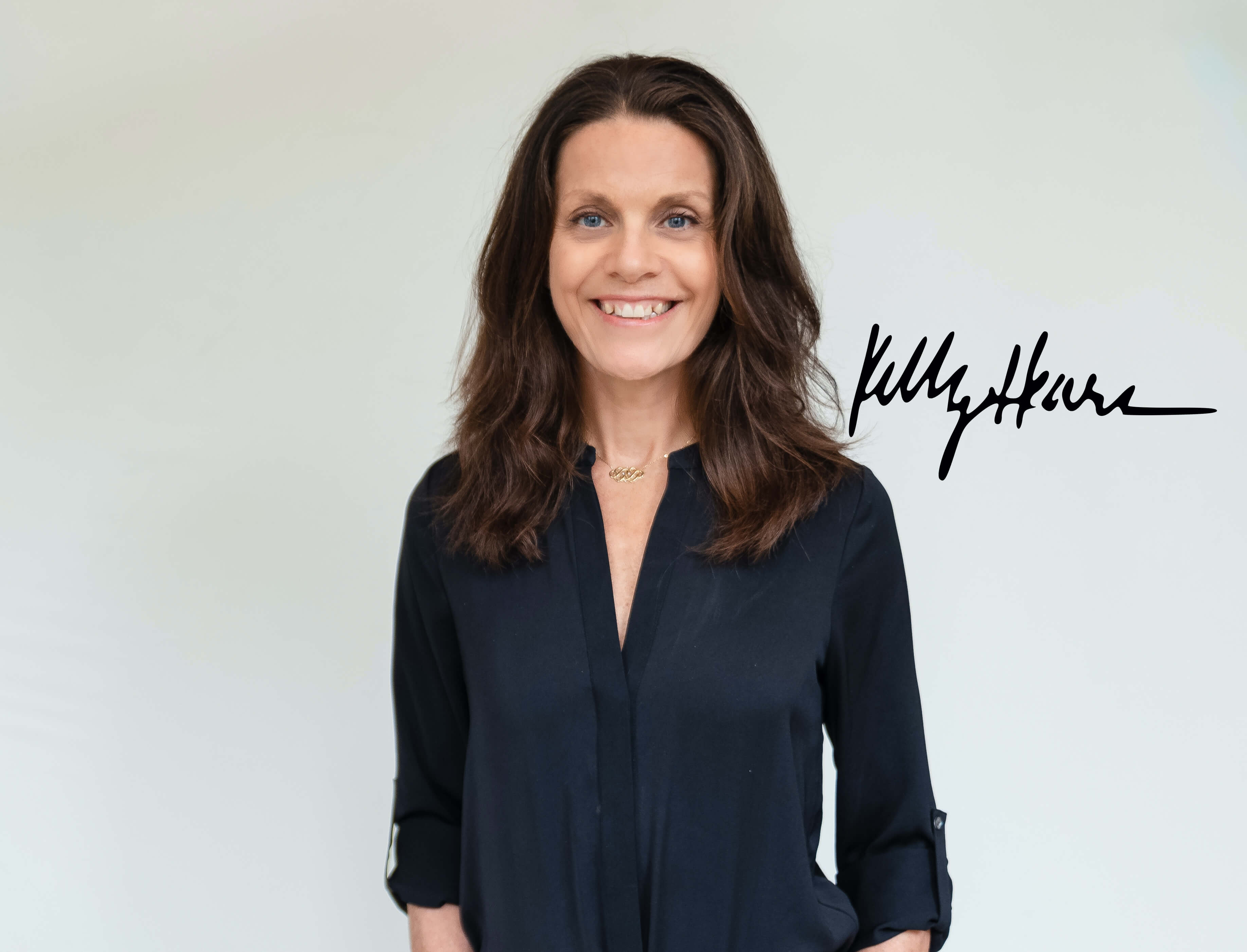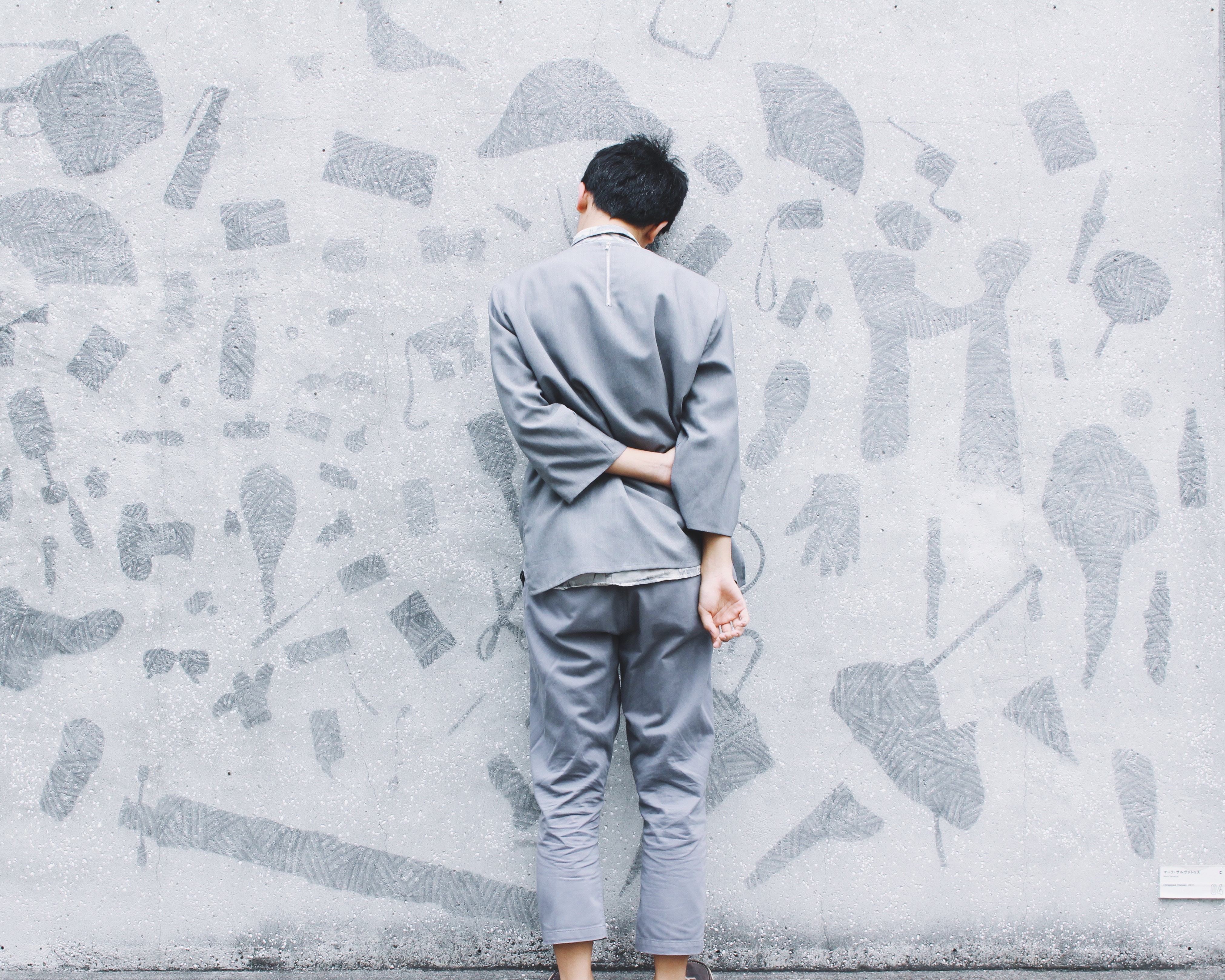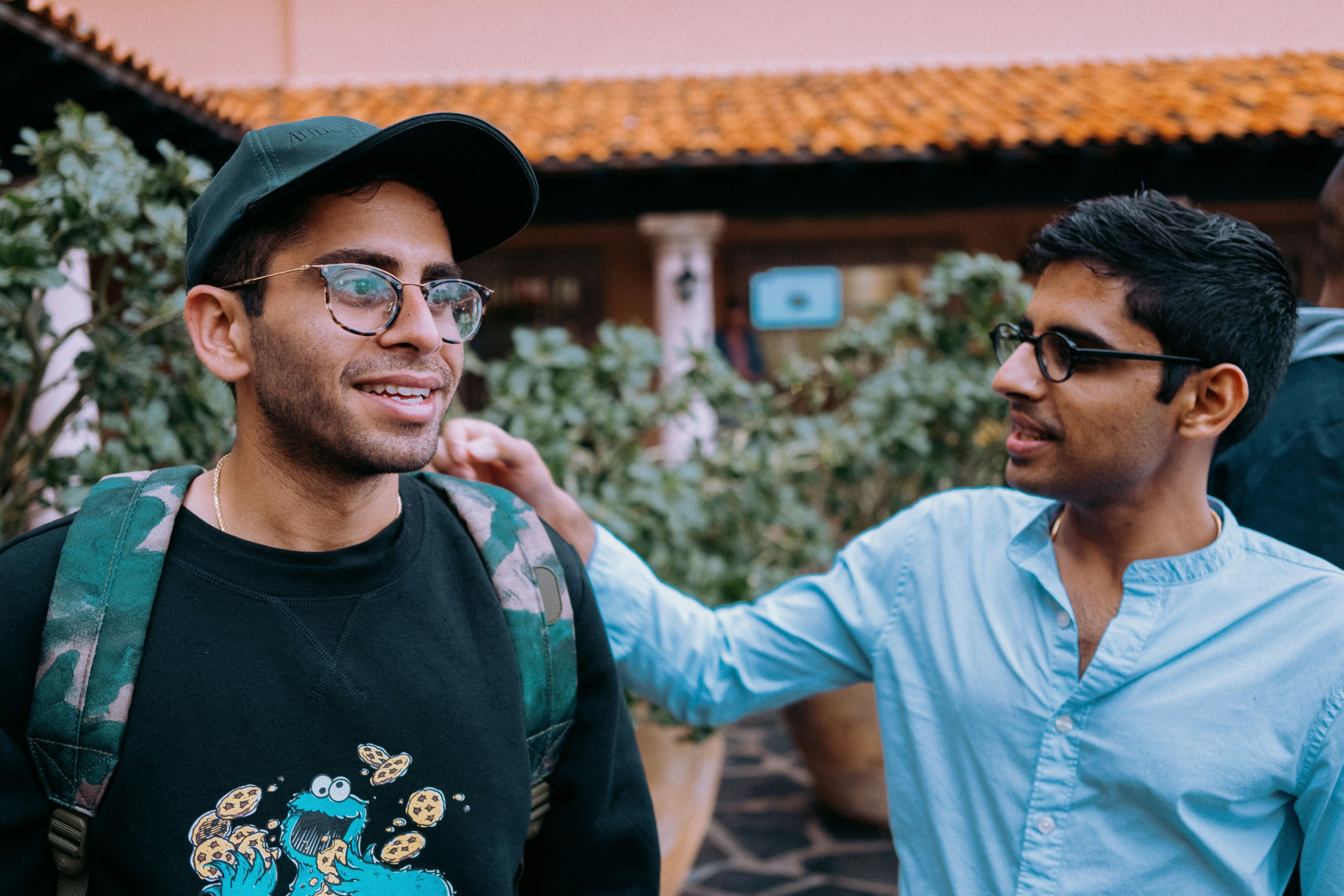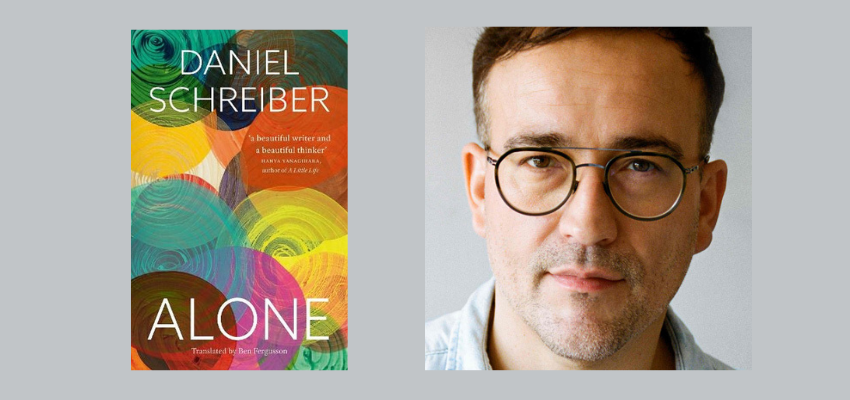Dear Therapist,
I’m in my mid-thirties and have endured episodes of acute loneliness for as long as I can remember. Surprisingly, they arise even when I am in a committed romantic relationship. I’m currently single and they’ve become more frequent and intense. The mental and emotional anguish can be debilitating at times, akin to panic attacks.
I’ve had enough therapy to know these feelings come from early childhood, a time when I felt utterly alone as neither parent was particularly emotionally available or attuned. But it’s depressing to see the lingering effects of this decades later. I’m desperate to rid myself of these painful experiences!
Signed,
Lonely
Dear Lonely,
Loneliness is a pretty universal human experience – it has become so prevalent that some consider it the defining feature of the 21st century. However, the extent to which loneliness affects us varies widely. It is felt particularly strongly for those who experienced early emotional wounds. For children who didn’t feel seen, soothed or safe with their caregivers, the world can feel like a fundamentally isolating place. They can grow up feeling unworthy of love and expecting rejection or abandonment. These beliefs can lead to a lack of perceived safety in relationship and, accordingly, an emotional loneliness, even in the presence of others.
When early emotional deprivation is in our history, present day experiences of disconnection can trigger implicit memories of early unmet needs held in the body. We return to our child ego state which contains all the emotional responses, behaviours, and attitudes we developed when we were little. Author Olivia Laing describes this particular loneliness beautifully in The Lonely City, ‘If I could have put what I was feeling into words, the words would have been an infant’s wail: I don’t want to be alone. I want someone to want me. I’m lonely. I’m scared. I need to be loved, to be touched to be held.’ It can feel like free-falling backwards into an abyss, trying to find something to hold onto but sensing there’s nothing. Cue outright panic.
The goal in these situations is to notice we’ve been somewhat transported back in time and to witness this from our present-day adult ego state. The adult recognises that something has made us feel lonely, is able to observe the feelings within and reframe them, offer care. Maybe we are home alone on a Friday night and feeling uncomfortable about it which is understandable but not necessarily a reason for overwhelm. If we sense those panicky feelings emerging, this is a clue the child has been evoked. We can then acknowledge the child’s earlier experiences, offer her compassion. We can notice the physical sensations that emerge in the body, echoes of the past, and normalise them in the context of her personal history. ‘Of course you felt scared, of course you felt alone. I’m so sorry there wasn’t someone there for you in the way you needed it.’ By meeting pain with compassion, we offer ourselves what was once missing and put a floor beneath the free-fall; turn it into a moment of healing and growth.
This practice isn’t ‘one and done’ – it needs to be revisited repeatedly to build confidence in accompanying our younger self through the abyss. Nor will we eliminate loneliness entirely. Even adult, or ‘mature loneliness’ as it’s sometimes called, can be challenging to endure. But it becomes more manageable, no longer spirals into panic. It also serves a purpose. The experience of feeling fundamentally alone allows for a deeper form of self-awareness and ways of relating to ourselves we can’t otherwise attain. Navigating loneliness allows us to become intimate with our own being, to take responsibility for ourselves and our lives. When we have this internal security, we no longer need to look to another to provide it. We engage with others out of love, rather than fear. In this way, getting comfortable with the discomfort of loneliness is a precursor for healthy intimacy with others.
Wishing you well in your ongoing healing.
Yours,
Kelly





